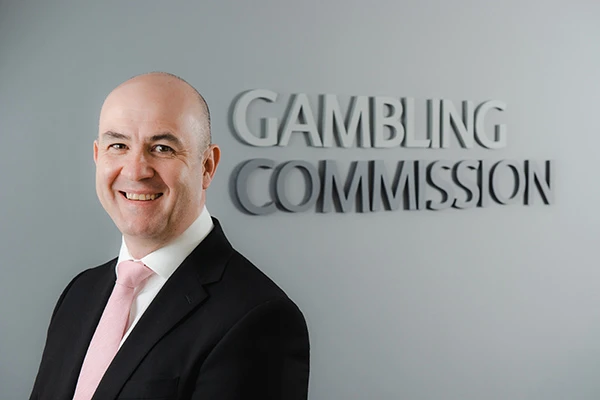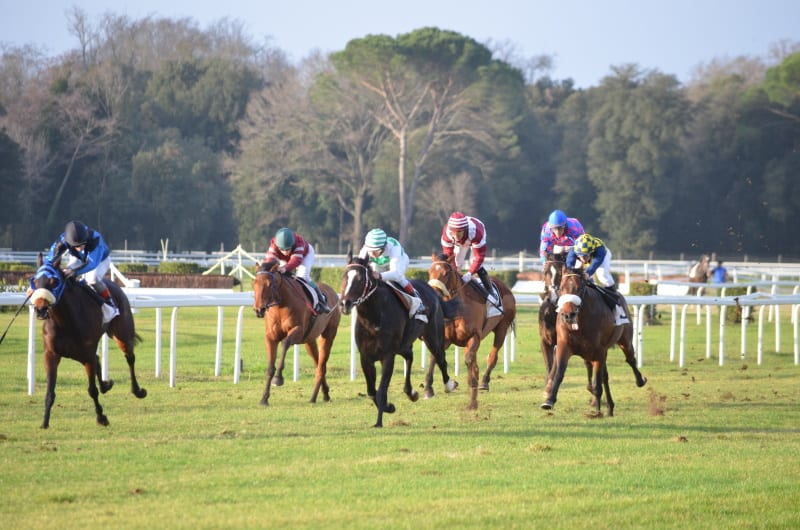Affordability checks: GC chief dismisses black market fears

In a bid to quell the gathering storm around affordability checks, Andrew Rhodes, the Gambling Commission’s (GC) chief executive, addressed the largest-ever gathering of industry leaders on 8 November.
Amid conflicts with stakeholders across the UK betting landscape, Rhodes looked to outline the challenges the industry faces with the implementation of the government’s Gambling Act Review white paper.
Affordability polarisation
Acknowledging the increasing polarisation within the industry, Rhodes looked to re-iterate the Commission’s impartiality as an independent regulator.
“We have clear statutory objectives and responsibilities. We don’t have a commercial interest in what happens, but that doesn’t mean we ignore commercial realities,” he said.
“The debate on gambling has been exceptionally hard to engage in during the past year. We have challenged people where they have misrepresented statistics and we have sought to bring some balance and evidence to the arguments.
“Everyone is entitled to their opinion, but some of what has gone on has been an unedifying sight. I am not sure (it) is helping anyone,” he continued.
Rhodes has previously highlighted the controversy in certain sectors of the press around the government’s approach to gambling reform. In particular he drew attention to the “deliberate misinformation… designed to muddy the waters of debate and to torpedo the implementation of government policy.”
Rhodes went on to outline the progress made over the last 12 months towards eliminating extreme cases of gambling harm. The Commission believes this is a strong example of the collaborative approach that can be taken together with the industry.
Black market risks “overstated”
Despite the risk of illegal gambling due to “intrusive” affordability checks Rhodes believes that the risk is overstated. He added: “That does not mean there is no risk, as I have said many times. It does not mean there are no problems.
“I hear quite a lot of anecdotal examples from you, but we need to turn that into something actionable. I am genuinely grateful to those who have provided confidential information to us, which has helped us in this area.”
The key, said Rhodes, is the balancing act between the growth of the industry and the sustainability of the customer.
According to him, this is a “call to arms for the industry to rally together and navigate the changing legislative landscape”.
No special treatment for horse racing

Despite the “exceptionally difficult and sometimes very bitter debate” over the past year, Rhodes warned that the racing industry would not receive special treatment.
“It is not the job of the Commission to consider or advise on the wider implications for any given sport – that is the role of DCMS,” he said.
This statement comes as the CEO of The Jockey Club, Nevin Truesdale, sees a petition to halt affordability checks surpass 70,000 signatures.
In countering the horse racing sector’s pushback towards affordability checks, Rhodes highlighted the Patterns of Play research. The report states that the most profitable one per cent accounts for 70.4 per cent of gross gambling yield (GGY).
His conclusion is that “horseracing not only has a critical dependency on money lost to operators through gambling… but relies on 70 per cent of that money coming from a proportion of bettors five times smaller”.
Or, in other words: “The call being made here is for unlimited and, quite literally, unchecked gambling losses on a sport, to support the growth and continuation of that sport.”
Moving forward
In outlining the Commission’s vision, Rhodes confirmed that the UKGC is currently working on developing its new three-year corporate strategy. Due to be published next spring, it is to “focus on communicating clearly and building effective partnerships”.
In ending his speech, Rhodes again looked to highlight the progress made by the industry over the last 12 months. “Ultimately if we can all commit to working together it will lead to better regulation, better outcomes and safer, fairer and crime-free gambling across Great Britain.”
